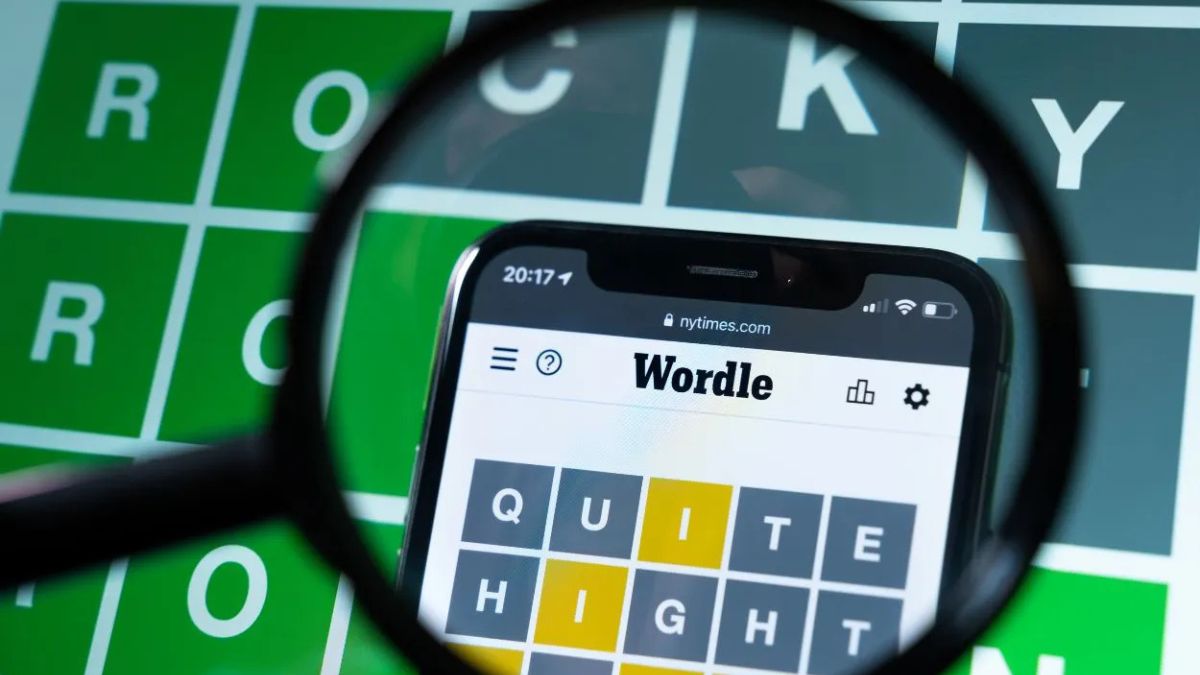
Android apps are vanishing from the Google Play Store, due to the constant upkeep required to stay compliant with Android’s API levels, Google asking developers to show potentially-private information in app listings, and other factors.
iA Writer, a popular distraction-free writing tool, recently ended development on its Android version after five months of back-and-forth with Google on issues with file read and write permissions. Frozen Fractal, an independent game developer, is allowing its Android apps to be removed instead of complying with new rules about publicly-listed contact information and providing passport information to Google. Syncthing, a popular open-source file synchronization service, is dropping the Android version due to “a combination of Google making Play publishing something between hard and impossible and no active maintenance.”
Three Android app developers throwing in the towel is not enough to establish a trend, but the same factors will affect other apps, if they haven’t already. The company’s new required information rules is one big problem, which asks developers to list a physical address (not a PO Box), phone number, and email contact information publicly on Google Play:
Google will display your legal name, your country (as per your legal address), and developer email address on Google Play. If you decide to monetize on Google Play then Google will display your full address. In certain regions, developers are required to provide additional information which may be displayed on Google Play, like their phone number or full address. Visit
this Help Centre article
to learn more.
That’s not an issue for big companies with offices, but for most individuals and some self-owned businesses, it amounts to Google asking developers to dox themselves in every app listing. Developers who don’t comply will eventually have their apps removed from the Play Store, if they haven’t been removed already.
Google also just increased the target API level requirement for apps on the Google Play Store, though app developers have until November 1, 2024 if they requested an extension. The target API level is the newest version of Android an app is built for, and each new API level comes with changes to permissions or other core functionality. To be clear, that’s different than the minimum API level, which is the oldest version of Android an app supports. Google’s not stopping anyone from making an app that works on ancient phones and tablets, but the app does have to support all the features of newer versions of Android.
This API level change happens each year, so it’s not much of a surprise, but it does make it harder to maintain apps that don’t get frequent updates anyway. For example, if a developer made a simple app three years ago that still works, but the app needs a new icon or minor bug fix, the developer also has to do rewrites to comply with newer API levels. The extent of that work depends on the app’s functionality.
Starting on November 1, 2024, new apps and updates to existing apps must target Android 14, or they will only be available on the Play Store to devices matching the app’s target API. For example, if a game hasn’t been updated in a few years and is using API level 30 for Android 11, it can only be installed on devices running Android 11 or older versions.
Frozen Fractal explained why that’s difficult for smaller developers in a blog post:
Each API update comes with a slew of deprecations, and breaking changes to the already inscrutable build system. And even if you don’t want to update the app, Google will eventually start hiding apps from users if the app doesn’t target some minimum API version. This means you can’t just publish an app and leave it at that; it’s several days of work per app per year to keep up with the latest rug-pulls from Google. Again this is no problem for a company for whom the app is their core business, but bad news for indie and hobbyist developers who just want to make something cool, put it out there, and move on to the next project.
There are justifiable reasons for the new requirements: listing developer information improves transparency for users, and apps are safer for users when they are built with newer target API versions that have increased security. However, all the requirements are causing a headache for developers with less time and resources, potentially leading to one of your favorite apps suddenly disappearing from the Play Store.
Source link











